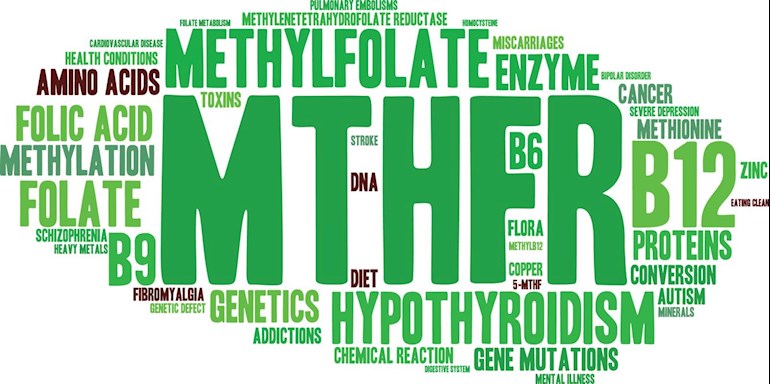This case study shows how fast methylation can become imbalanced – and how fast it can be rebalanced.
mthfr.net/overmethylation-a...
The Common Symptoms of Overmethylation in Patients
mensahmedical.com/common-sy...
Common Symptoms of Undermethylation or Histadelia
mensahmedical.com/common-sy...
Treating Methylation: Are We Over-supplementing?
kresserinstitute.com/treati...
Like many nutrients, methylation appears to follow a U-shaped curve, where both deficiency and excess cause pathology. While hypomethylation is associated with many different problems, hypermethylation may be equally problematic. What we really need is methylation balance.
Alleviate nutrient deficiencies
Nutrient deficiency is one of the primary causes of impaired methylation. The two most important nutrients in methylation pathways are B12 and folate, but other nutrients such as methionine, cysteine, taurine, DHA, zinc, magnesium, potassium, riboflavin, niacin, pyridoxine, betaine, choline, and sulfur also play a role (10). Inadequate intake of any of these nutrients can impair methylation. Foods high in these methylation-supporting nutrients include beets, spinach, mushrooms, eggs, organ meats, and shellfish.
Support gut health
You might be surprised to hear that bacteria play a role in the methylation cycle. Many Bifidobacteria are folate producers (11), while other bacterial genera, like Lactobacilli, are folate consumers (12). Gut dysbiosis can therefore lead to hypo- or hypermethylation, depending on which genera predominate. Restoring a healthy gut microbiota can help bring methylation back in balance.
Reduce competition for methyl donors
Competition for methyl donors is another reason for impaired methylation. If one particular function of methylation is in overdrive, it may use up available methyl donors at the expense of other methylation functions. This is most often caused by environmental toxins, high histamine intake, high estrogens, acute or chronic stress, and chronic infection or immune challenges.
Reduce exposure to methylation inhibitors
Methylation inhibitors can also interfere with methylation-dependent functions in the body. Drugs that interfere with methylation include valproic acid, cholestyramine, oral contraceptives, PPIs, and antibiotics. Nitrous oxide, which some patients take at the dentist, is a known oxidizer of cobalamin (B12) (13). Studies have shown that metabolites produced by beneficial bacteria serve as critical cofactors and allosteric regulators of epigenetic processes (14, 15).
Rebalance methylation with methylation adaptogens
An “adaptogen” is a plant-based compound that promotes the body’s natural balance within a biochemical pathway, bringing the body back into homeostasis. The term “methylation adaptogen” was first coined by Dr. Michael Stone in Oregon and describes any compound that helps to restore methylation balance, both promoting appropriate methylation and inhibiting aberrant methylation.
Examples of methylation adaptogens include curcumin, betanin, anthocyanins, quercetin, rosmarinic acid, lycopene, and sulforaphane. These phytonutrients are found in abundance in a nutrient-dense diet, but additional supplementation may be helpful in some patients.
❗️Taking Folate and Feeling Badly? Methylation Requires Balance
mthfr.net/taking-folate-and...
💢💢Increased methylation can deplete dopamine, norepinephrine and 5-HT; increase acetylcholine; and cause hypokinesia and tremors. 💢💢
These effects are similar to changes seen in PD, and interestingly also, they are similar to some of the changes that are associated with the aging process. It is suggested, therefore, that increased methylation may be an inducing factor in parkinsonism.
❓Top 10 Foods Highest in Methionine
